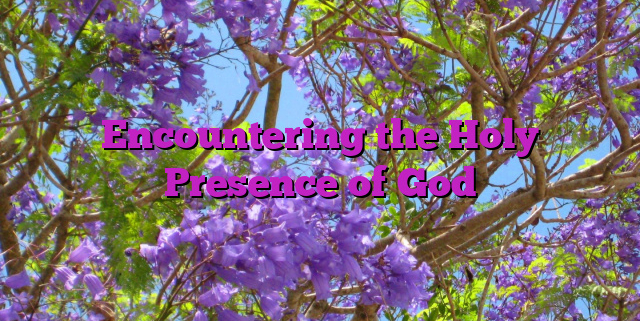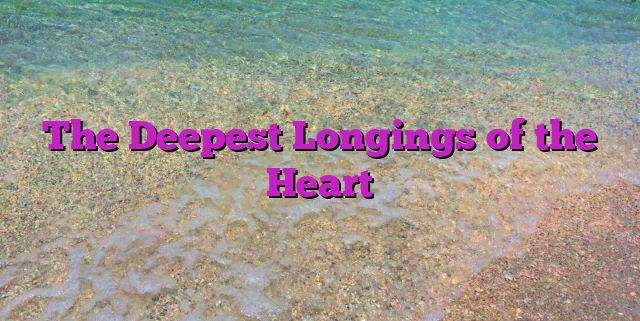The Gift of Hospitality
Over the past couple of days, we’ve reflected on the ancient Christian belief that showing hospitality to the immigrant, the traveler, the foreigner, or the stranger is a way of encountering the holy presence of God.
But think about the other side of this. If you’ve ever been the stranger, the outsider, or the new kid on the block, then you know it can be unsettling—or even frightening. And if you’ve ever been in that situation, you know how powerful even the smallest act of hospitality can be.
A few years ago, someone in my Wednesday night small group shared a story about a friend trying to come to grips with her addiction to alcohol. He went with her to her first AA meeting. Of course, she was scared. When they showed up, a large, intimidating man with dreadlocks walked up to her. He gently put his hand on her shoulder and said, “It’s going to be alright. You are going to be alright.”
I’ll never forget my first job teaching high school in the Outer Banks of North Carolina. It was a real touristy area, and I couldn’t find a place to rent until after Labor Day—I thought I was going to have to live out of my truck. A little Methodist church heard about my situation, reached out, and found me a place to stay. I wasn’t even going to church at that time in my life. I really didn’t want anything to do with church. But their youth group showed up to help me move in. It broke open my heart. Changed my life. A simple act of hospitality.
I wonder how we might be more hospitable to strangers… I wonder how you—in your own life, at work, in your church, in your neighborhood, in your everyday routines—might offer hospitality to those you don’t yet know.
The Apostle Paul writes to the church in Rome: Let love be genuine… Contribute to the needs of the saints; extend hospitality to strangers.
Let us pray: We thank you for your love for us, O God. We thank you for coming to us when we least expect it. I pray that by your grace we would serve as instruments of your mercy, love, and peace. In Christ’s name. Amen.













